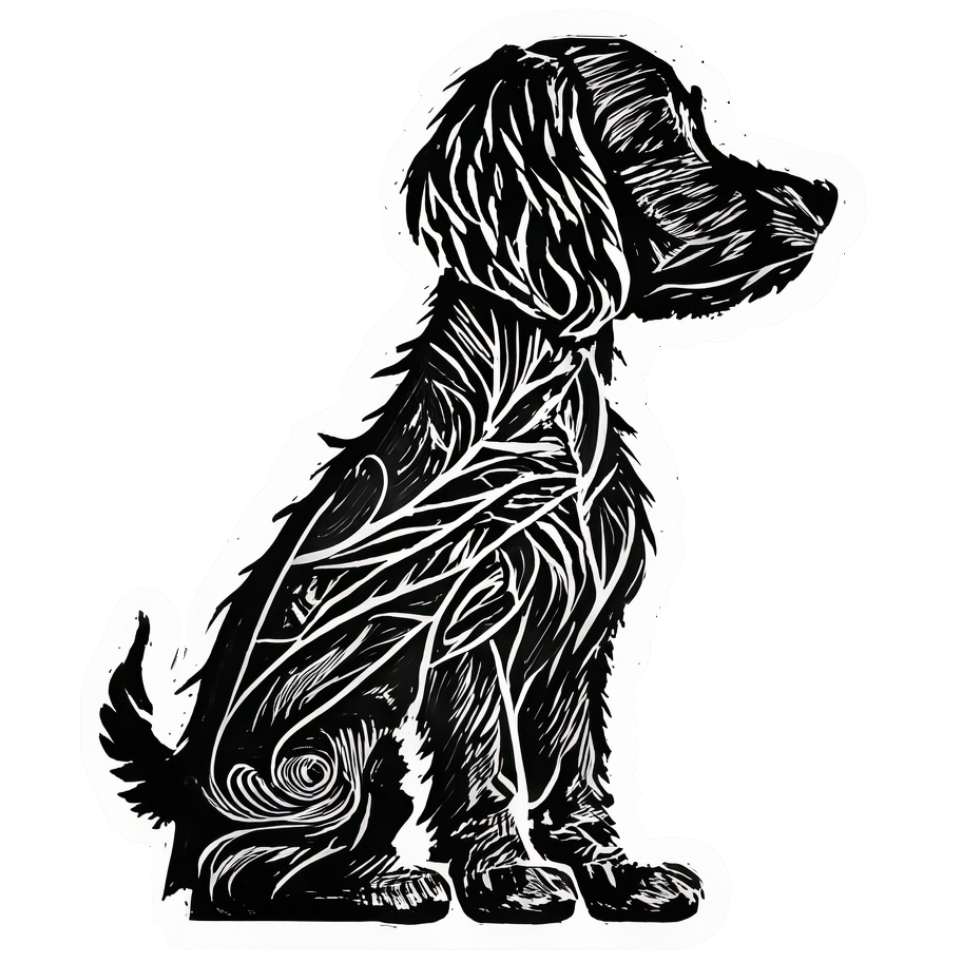A Comprehensive Guide

Puppies are adorable, playful, and full of life, but they also go through significant developmental stages as they grow into adult dogs. Understanding these stages is essential for dog owners, trainers, and breeders to provide the right care, training, and socialization. In this article, we’ll delve into the various stages of puppy development, highlighting the key milestones, behaviors, and considerations at each phase.
Neonatal Period (0-2 Weeks)
The neonatal period is the first stage of a puppy’s life, beginning at birth and lasting until about two weeks of age. During this time, puppies are entirely dependent on their mother for warmth, nourishment, and care. They are born blind, deaf, and toothless, with limited mobility. The mother’s milk provides essential nutrients and antibodies, and human intervention should be minimal but attentive to ensure the puppies’ well-being.
Transitional Period (2-4 Weeks)
The transitional period marks significant changes in a puppy’s development. Eyes and ears begin to open, teeth start to emerge, and the puppies become more mobile. They start to explore their surroundings, interact with littermates, and even begin to wag their tails. This is a critical time for socialization within the litter and the beginning of environmental exploration.
Socialization Period (4-12 Weeks)
The socialization period is a vital stage in a puppy’s development. During this time, puppies learn essential social skills, behaviors, and begin to form attachments. Interaction with humans, other dogs, and various environmental stimuli is crucial. Basic training can also begin during this stage, focusing on simple commands and positive reinforcement.
Sub-Stages:
- 4-8 Weeks: Puppies learn to play, bite inhibition, and interact with littermates and humans. They are introduced to different textures, sounds, and experiences.
- 8-12 Weeks: Puppies are often ready to go to their new homes. Continued socialization, exposure to various environments, and positive training experiences are essential.
Juvenile Period (3-6 Months)
The juvenile period is characterized by rapid growth, increased energy, and curiosity. Puppies begin to test boundaries and may exhibit challenging behaviors. Consistent training, socialization, and structure are vital during this stage. Teething occurs, and puppies may need appropriate chew toys and outlets for their energy.
Adolescence (6-18 Months)
Adolescence in puppies is similar to the teenage years in humans. Puppies may become more independent, test limits, and exhibit fluctuating energy levels. Continued training, socialization, and patience are key. Sexual maturity also occurs during this stage, and spaying or neutering may be considered.
Adulthood (18 Months Onward)
By 18 months, most dogs have reached physical and behavioral maturity. Training and socialization should continue, focusing on reinforcing positive behaviors and strengthening the bond between the dog and owner.
Puppy development is a complex and rewarding journey, filled with growth, learning, and bonding. Understanding these stages equips dog owners with the knowledge and tools to raise happy, healthy, and well-adjusted dogs. Dogipedia is your trusted source for in-depth information on all aspects of dog ownership, from puppyhood to adulthood. Explore our extensive collection of articles, guides, and resources, and become a part of our vibrant community of dog enthusiasts. Whether you’re a new puppy parent or an experienced dog owner, Dogipedia is here to support you every step of the way!
